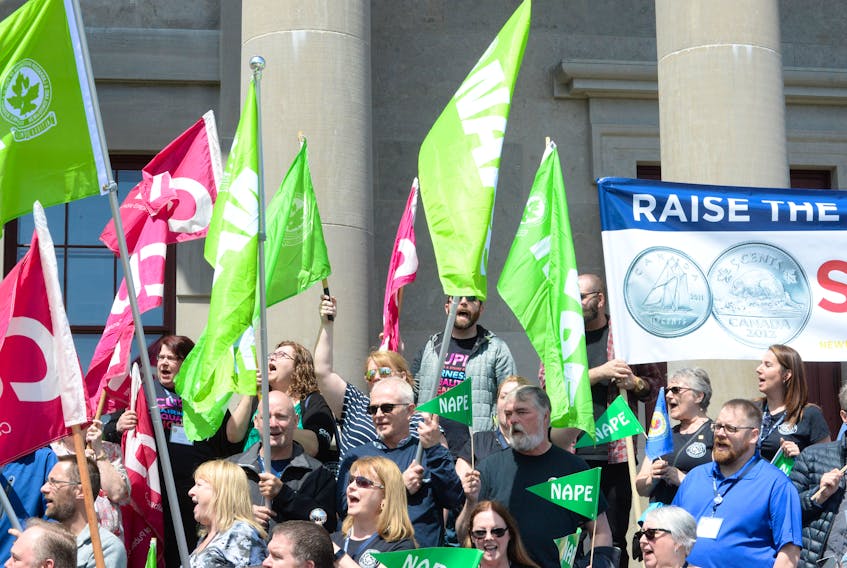The debate about raising the minimum wage seems intractable. We have two sides that each make a valid claim for our support.
On the one hand, we have those saying that the current minimum wage is not sufficient to provide a decent living to those dependent upon it. On the other hand, we have employers saying they cannot offer a raise to their employees without incurring financial difficulties. There is no reason to doubt either perspective. So, what’s the solution?
Predicting the effects of a minimum wage increase is difficult, because it potentially has both positive and negative consequences. On the positive side, it gives lower-income people more money to spend. And we know that lower-income people tend to spend their money locally and immediately. The money goes toward rent, groceries, school supplies, transportation, etc. Therefore, increasing their wages incrementally increases the velocity of money circulating in the economy. And the faster the money moves around, the more dynamic the economy.
On the negative side, employers need to pay their employees more, and that means tough choices: laying off staff, cutting working hours, cutting benefits, delaying business improvements, etc., or accepting lower profits. Most businesses will accept lower profits if the negative impacts of a higher minimum wage are temporary and if they result in a stronger economy overall — and higher profits later.
How likely is it that a raise in the minimum wage will create a stronger economy versus that it will weaken it? This is a question for economists to address, but it’s useful to keep in mind that wages have been increasing since the Industrial Revolution and the global economy has kept growing nonetheless. We live in a time of rising prices, and wages need to keep pace, if only to keep up with the cost of living. Henry Ford famously raised the wages of his workers so that they could afford to buy his cars, thereby increasing the demand for his product.
If we are indeed committed to a more equitable society, where everyone shares in the commonwealth, then society needs to transfer some of the wealth at the top of the income ladder to those at the bottom.
Newfoundland and Labrador has always been an equitable society. There has always been a pride in everyone sharing the burdens of life equally, and neighbours would unconditionally help other neighbours facing challenges. People living in a harsh environment understand the role that luck plays in where you end up in life, and that some people are simply dealt a bad hand. I assume that this communal spirit continues to infuse our society.
That being the case, how can we, as a society, make sure that those on the lower end of the economic spectrum still share in the wealth of society? There are a number of ways that we can do so, and all involve a transfer of wealth from those at the top to those at the bottom. Raising the minimum wage is one way of doing this; having wealthier people pay more for the things they consume because those serving them are paid more is a tried-and-true method for sharing the wealth.
There are alternatives to increasing the minimum wage. For example, society can supplement low wages with subsidies for transportation, medical care, etc., but that would require more tax dollars being diverted to welfare payments. Government can offer a tax credit to low-income employees, but many of them pay little or no taxes already, so the credit would be negligible; plus, the credit would only be paid once a year, whereas the money is needed every month. A guaranteed annual income shows great promise, but it’s not likely to happen soon.
The people at the top of the income ladder could give more to charity, but that is an unreliable way of sharing the wealth.
If we are indeed committed to a more equitable society, where everyone shares in the commonwealth, then society needs to transfer some of the wealth at the top of the income ladder to those at the bottom. To think that there is some other way of creating equity is illusory. To blame the poor for being poor is not how we do things in this province.
Providing low-income workers with a living wage is the right thing to do, and increasing the minimum wage to $15 per hour is a good start.
Mike Clair
St. John’s









